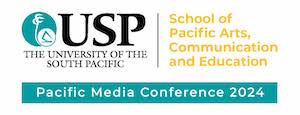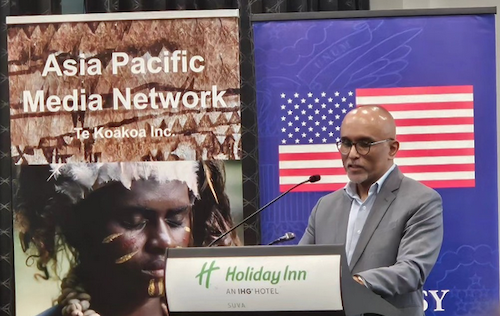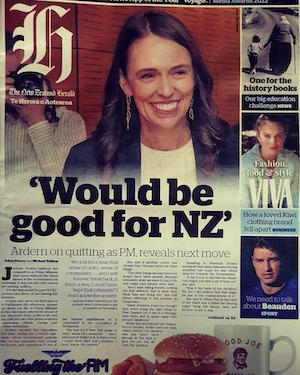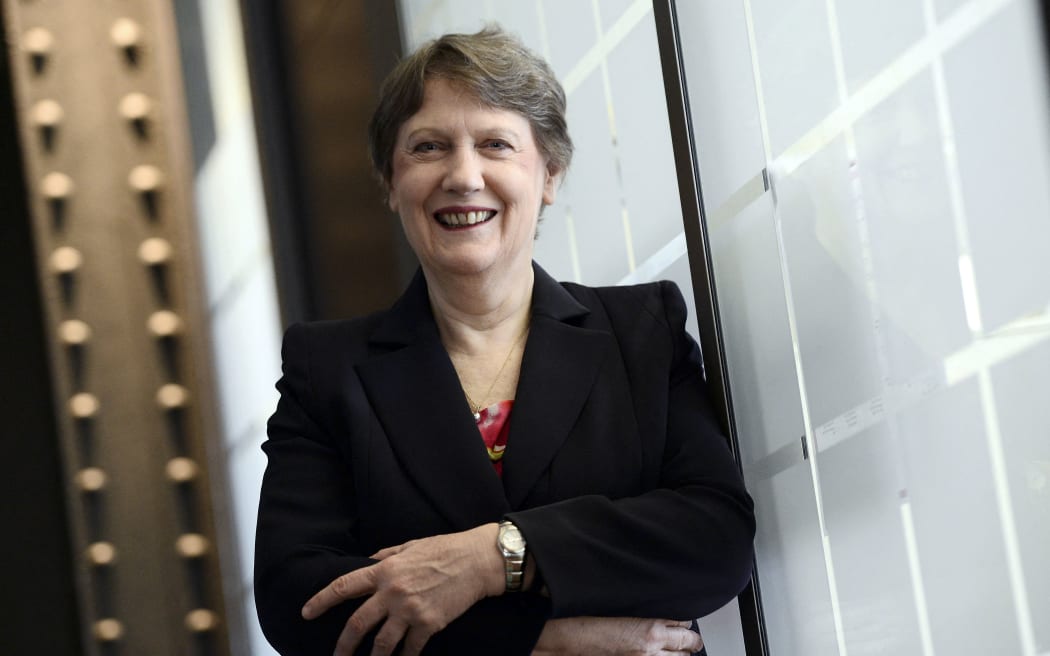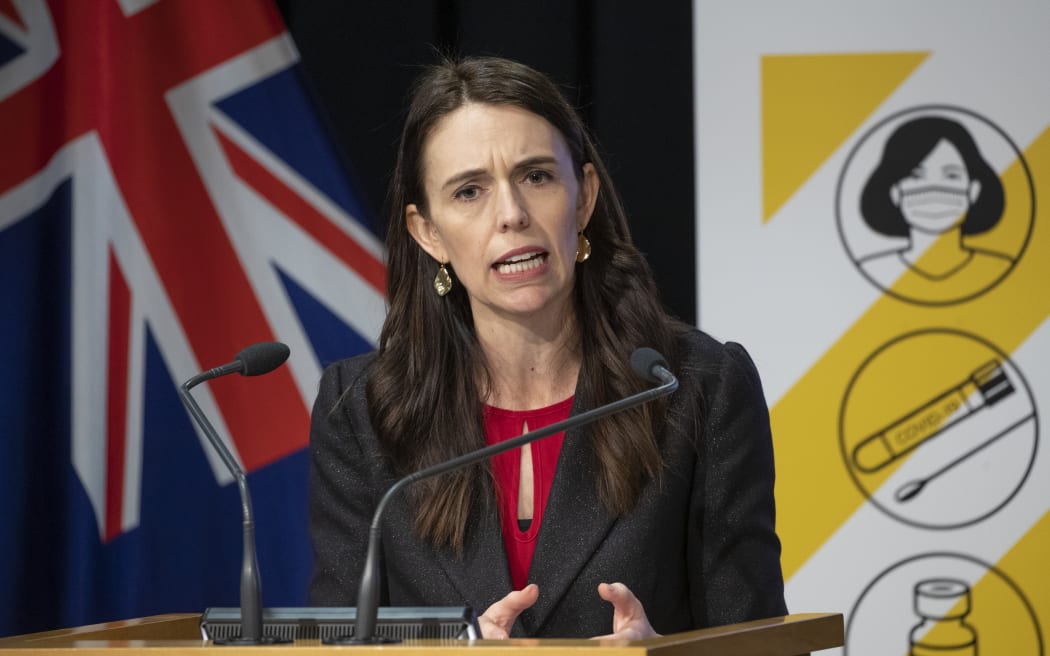Israel’s most revered jurist, former Supreme Court president Aharon Barak, says that he fears the Netanyahu government’s latest actions, including moves to fire the Shin Bet secret service chief and attorney-general, are steering the country toward civil war.
Speaking to the Ynet news site shortly before Prime Minister Benjamin Netanyahu convened the cabinet that voted unanimously to fire Bar, Barak said that “the main problem in Israeli society is . . . the severe rift between Israelis”.
“This rift is getting worse and in the end, I fear, it will be like a train that goes off the tracks and plunges into a chasm, causing a civil war,” he said.
- READ MORE: Israeli attacks kill 5 more children; Gaza cancer hospital destroyed
- Israel’s top court halts government’s decision to fire Shin Bet chief
- Other Gaza genocide reports
In another interview, with Channel 12, when asked why he thought Israel was close to civil conflict, Barak said it was “because the rift in the people is immense, and no effort is being made to heal it.
“Everyone is trying to make it worse.
“Today there are demonstrations, then a car drives through them and runs over someone,” he said, referring to an incident at an anti-Netanyahu protest in Jerusalem on Wednesday when a driver rammed into a protester, injuring him.
“But tomorrow there will be shootings, and the day after that there will be bloodshed,” Barak continued.
Overturned sacking
Barak also told Channel 12 he would have overturned a government decision to fire Shin Bet chief Ronen Bar if he were serving on the bench today.
The former chief justice explained he believed the ousting of Bar from the role in the middle of his term was illegitimate because the position of Shin Bet chief was not a “role of confidence” with the political echelon.
Instead, the person in the job was meant to carry out the role as it was explicitly written in legislation.
“There is authority to dismiss, but no grounds for dismissal,” he elaborated, saying he would also strike down the firing of Attorney-General Gali Baharav-Miara, another top official whom the government is seeking to oust.
When asked about the prime minister’s tweet on Wednesday night alleging the existence of a “leftist deep state” in Israel that was working to thwart Netanyahu’s government, Barak replied: “I don’t know what a deep state is.”
“We’re not the United States, we don’t have a deep state here. We have loyal public servants here, and they do things according to the law,” he added.
Barak also appealed directly to Netanyahu, urging him to halt the process of firing Bar and Baharav-Miara, and other policies the former justice considers destructive, and said he thinks Netanyahu should be offered and should take a plea deal in his criminal trial.
‘Israel feels like it is on the brink of civil war.’ Video: France 24
‘Right for his legacy’
“I think that it is right for Netanyahu. It is right for his legacy. And it is right for the State of Israel. And I think it is possible,” he said.
“Otherwise, the trial will continue. The rift between [those] for Bibi and against Bibi will continue,” he added, using Netanyahu’s nickname.
Asked by the interviewer what he would say to Netanyahu if he could talk to him, Barak answered: “This is your policy, I am completely against it. I ask you, don’t implement it beyond what you have done today. Stop. Stop.”
“Don’t take the rift beyond where it already is,” he concluded.
Responding to Barak, Foreign Minister Gideon Sa’ar issued a terse statement on X, simply posting: “There will be no civil war.”
Education Minister Yoav Kisch, a member of Netanyahu’s Likud party, said in a post on X that Barak was “threatening a civil war” with his warning, and promised that “these threats will not deter” the government from implementing its policies.
MK Almog Cohen of the far-right Otzma Yehudit party said that Barak is “a reckless and irresponsible man,” who was “sent to issue a Sicilian mafia-style threat of blood in the streets and civil war.”
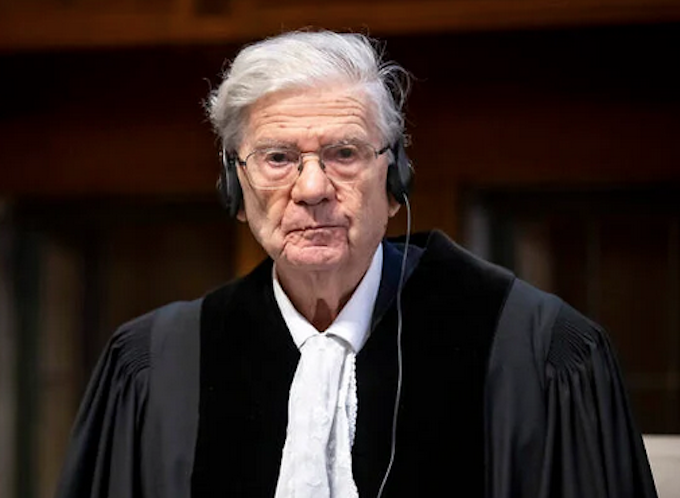
Well-respected internationally
Barak served as a Supreme Court justice from 1978 to 1995. He was then elected as the court’s president. He retired from the bench in 2006.
Despite Barak being a vocal critic of Netanyahu and his policies, the premier chose him to represent Israel as an ad-hoc judge at the International Court of Justice (ICJ) for the genocide case that was brought against Israel by South Africa amid the war in Gaza.
Barak removed himself from the court last June for personal reasons.
Barak, a Holocaust survivor, is well-respected internationally and is seen as Israel’s preeminent jurist.
Within Israel, he long has been seen by Netanyahu and other right-wing leaders as a leftist “activist,” who is to blame for many of the issues with Israel’s judicial system that the government’s controversial judicial overhaul plans aim to rectify.
This post was originally published on Asia Pacific Report.
